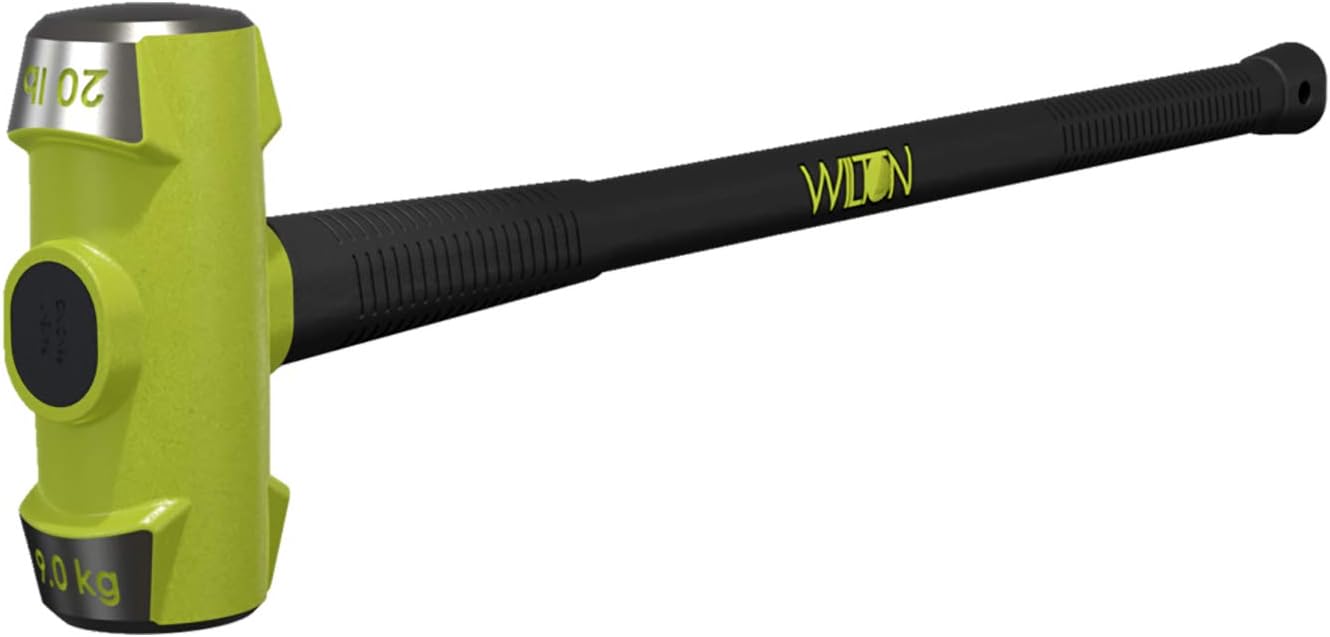
Wilton B.A.S.H 36" Sledge Hammer, 20 Lb Head (22036)
FREE Shipping
Wilton B.A.S.H 36" Sledge Hammer, 20 Lb Head (22036)
- Brand: Unbranded

Description
Using the correct technique and proper equipment, taking regular breaks and staying aware of your surroundings can help minimize the risk of injury when swinging a sledgehammer.
What Is A Sledgehammer Used For? - NJ Home Builder
While sledgehammers outfitted with steel handles are effective, they can be more expensive and heavier than their wood and fiberglass counterparts. Learning to use a sledgehammer safely is very important because they can cause significant injury to yourself or others. The word sledgehammer is derived from the Old-English " slægan", which, in its first sense, means "to strike violently".pounds: Sledgehammer heads that are between eight and 12 pounds take on a more traditional sledgehammer look that includes a long handle and large head.
20 lbs. Sledge Hammer 84-577 - The Home Depot Bon Tool 36 in. 20 lbs. Sledge Hammer 84-577 - The Home Depot
To begin your swing, bring the sledgehammer up and level with your head before driving it into the center of the target. The Wilton 22036 sledgehammer features a durable, steel-core handle and a reinforced striking head that’s fit for professionals or homeowners in need of a heavy-duty demolition tool. An 8 lb sledge hammer is primarily used for light demolition work or to drive metal or wood spikes into the ground. Another use of sledgehammers is for driving railroad spikes into wooden sleepers during rail construction.Some reviewers even used the sledgehammer for exercise and commented on its perfect size for working out. H 20-Pound Sledge Hammer, whose durable, rubber-coated steel handle minimizes vibrations while increasing control. Sledgehammer handles are usually constructed using wood, fiberglass, or steel wrapped in a rubber grip.
- Fruugo ID: 258392218-563234582
- EAN: 764486781913
-
Sold by: Fruugo
